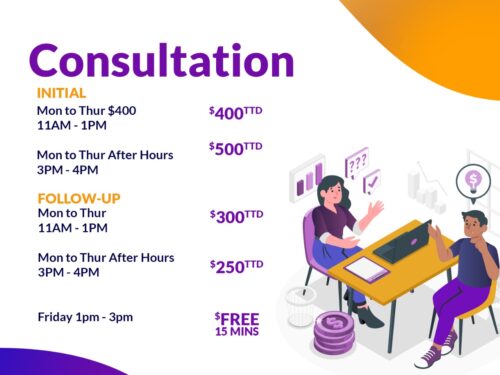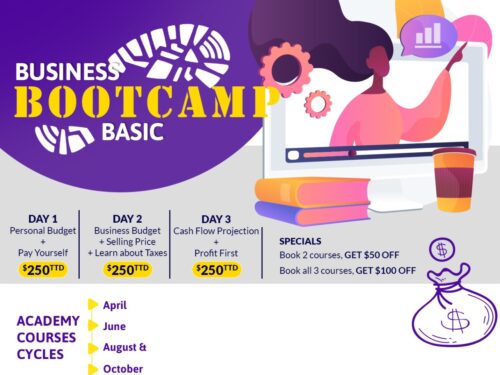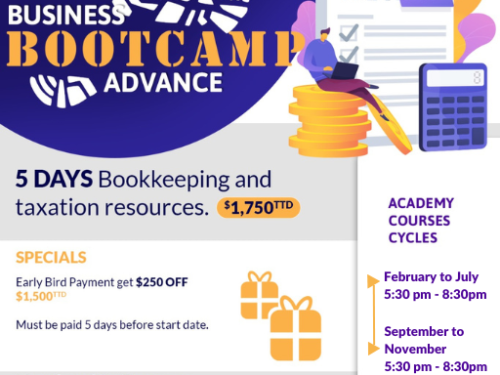Vacation camps have many fun and exciting things to offer kids freed from school and homework during the August vacation.
But before packing your child off to camp, you should get to know what medical and safety services are available — or not, as the case may be.
Before camp starts, parents should make sure the leaders have a detailed health history of their child, including any significant illnesses, operations, injuries, allergies, and any current medical problems.
An important question to ask when looking at camps — what kind of medical support do they have, and is there a place where kids can go if they don’t feel well. Most camps would have first-aid supplies on the premises — but a valid question as well is how do they stock the first-aid kit?
What, exactly, will your child be doing?
Parents should also ask questions about activities available at a potential camp. If your child will be involved in swimming or other water sports, for example, you’ll want to know about such things as life jackets, supervision, and the CPR certification of instructors.
Another reason to ask about activities: if your child has specific allergies. For instance, parents of children with allergies to pet dander or suffering with asthma will want to know if campers will be taken horseback riding. If necessary, parents should send along the child’s medication with clear instructions on its use.
Parents who must send medication to camp with their child should know who supervises such things and what the rules are regarding over-the-counter medication. Some camps discourage parents from sending nonprescription medications — but if children do bring these, they must be handed over and taken under supervision.
It’s a very good policy, but some parents might tell the child, ‘They might not let you have a Panadol if you need it, so hide these when you get there.’ It’s best if the people at the camp know of anything the child has with them, be it allergy medication, pain relievers, or even vitamins.
While parents probably will not be told about every cut, scrape, or bruise their child gets at camp, they will want to familiarise themselves with the procedure in place to deal with a serious situation, such as a broken bone or an illness. This is particularly important for parents whose children attend camps some distance from the work place.
Some camps have a release statement that allows them to seek emergency medical treatment while are making efforts to contact the parent. If they cannot find a parent or one of the emergency contacts listed on the form, they can proceed with whatever medical care is needed for that child and continue to try to reach the parent as some camps have a high risk of injury because of the nature of the activities provided for example gymnastics.
Food for thought
Another concern for some parents is what their child will eat at camp. Any food allergies — or anything the parent does not want the child to eat, for religious or other reasons — should be clearly communicated to the camp staff. For instance, if a child must avoid sweets because of diabetes the parents should make sure the camp can handle those requests.
Parents should also ask about the type of transportation used at the camp (vans, buses, etc.) and if the vehicles are inspected and insured.
Finally, if you think about it long enough, you can probably come up with dozens of different things that could happen to your child while he or she is at camp. But if you do your homework and feel confident with the level of experience and training of the camp staff, you will be much more likely to relax and let your child enjoy the summer vacation.
Camp is a wonderful experience, it’s great for kids, and they need some slack during the vacation!
Be sure to join our Facebook, Instagram, Tiktok and our Website for more valuable information. Ask about our Business Startup Kit, Retainer Package, Year End Retainer Package , Business Bank Account or learn how manage your finance with our Prerecorded and Live Courses. Book a FREE 15 mins CONSULTATION on Fridays from 1pm to 3 pm.
“A wealthy person is simply someone who has learned how to make money when they’re not working.” – Robert Kiyosaki










